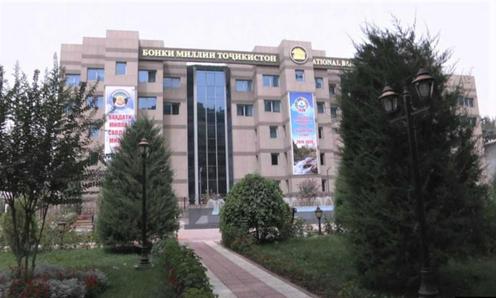Tajikistan is set to launch a new system for money transfers, reports Radio Liberty, citing information from the country’s national bank. From 3 December, the National Processing Centre for Remittances (NPCR) will begin operations (the system was finalised in October, and released in pilot form in mid-November).
“The NPCR comprises an integrated system of hardware and software designed to ensure the efficient operation of international financial transfers [...] through the correspondent accounts of partner organisations (credit companies and payment platforms) held at the National Bank of Tajikistan,” explained bank representatives.
According to Radio Liberty, to date only the international transfer system Unistream has joined the new platform. Actors within the financial sector point out that the majority of transfers made by Tajik labour migrants are carried out using another system – Zolotaya Korona.
The national bank states that the creation of a centralised system will make it possible to “increase transparency and minimise risk”. The bank also promises that transactions through the NPCR will be free of charge for participating service providers, and so will not lead to increased commission fees for customers.
Earlier this year, in September, Tajikistan introduced new regulations for international transfers, requiring foreign transfer companies to open correspondent accounts in the country’s national bank and ensure the prior deposit of sufficient funds for the conduct of their operations. Before this, money transfer companies had worked independently through private Tajik commercial banks.
At the time, the Russian National Payment Association (NPA) was critical of the new arrangement. According to NPA executive director Maria Mikhailova, the proposed changes would make the National Bank of Tajikistan the clearing house for Russian money transfer firms, whereas Russian Federation law requires that this role be performed by the Central Bank of Russia or the Russian VEB (Vnesheconombank) only, and not by any foreign establishments.
“Thus, by complying with the new rules of the NBT, Russian companies will be acting in violation of Russian law. Moreover, the NBT’s control over the funds placed in its care is not total, and their recovery is not guaranteed,” she noted, predicting that the transition to the new system will lead to an increase in transfer fees for the public.
In September, shortly after the introduction of the new system, it was also revealed that Tajik citizens had experienced shortages in the availability of Somoni from banks, while attempting to withdraw funds sent to them by relatives working in Russia. Experts suggested that the Tajik national bank was deliberately restricting the flow of money in order to protect the Somoni against devaluation due to an acute shortage of foreign currency reserves.
Many families in Tajikistan depend on migrant worker cash transfers for their wellbeing. In the first three quarters of 2019, almost $2.5bn entered the country in this way.










